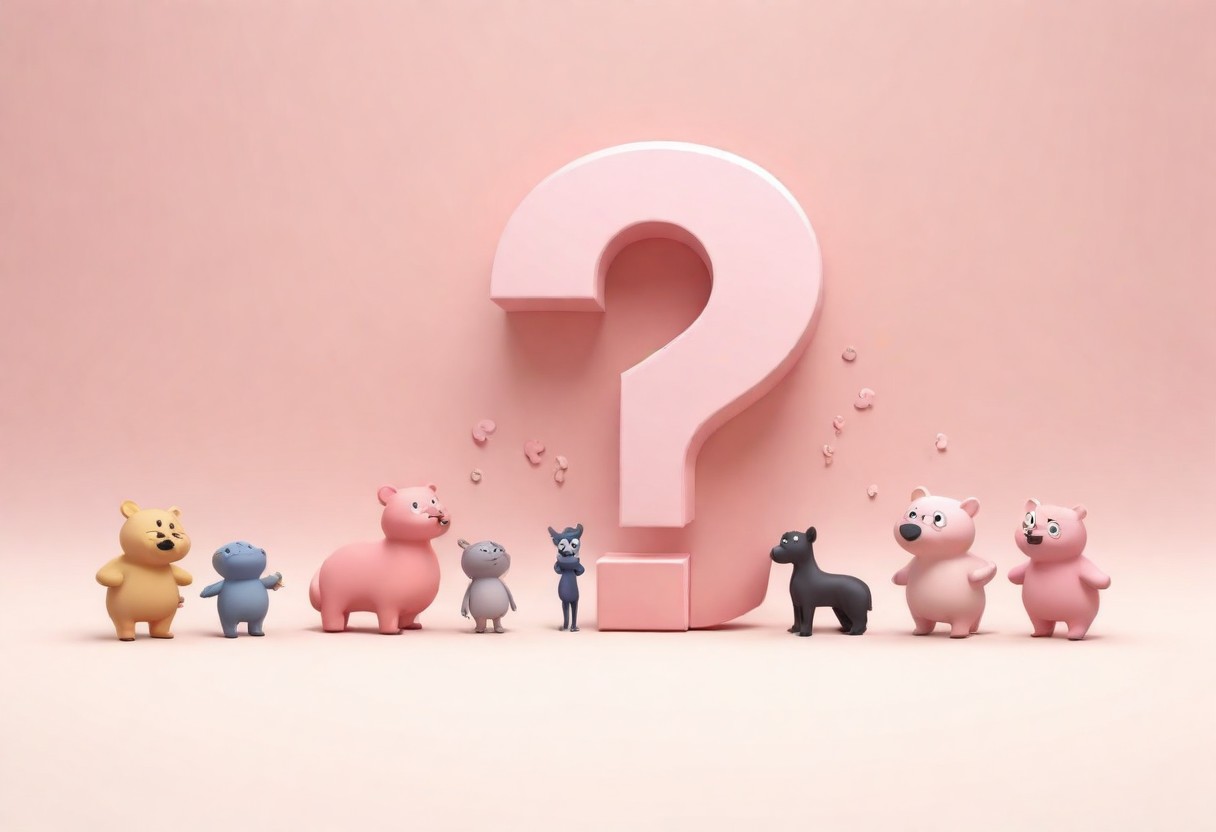
Crossword puzzles aren't just a beloved pastime passed down through generations; they hold a fascinating allure for psychologists as well. These hidden word patterns engage the human mind on surprisingly deep levels, offering intellectual, emotional, and even social stimulation. But what lies at the root of our passion for crosswords? Let's delve into the connection between these puzzles and the human psyche.
Cognitive Stimulation and Lifelong Learning
At the heart of our attraction to crosswords is the human need for cognitive stimulation. Solving a crossword requires utilizing different brain areas, from language functions to logical reasoning, short-term memory to problem-solving skills. This mental activity not only keeps the brain sharp but can also slow its aging process, making crosswords a sort of workout for the mind.
The Satisfaction of Solving
There's something deeply satisfying about cracking a crossword puzzle. This pleasure comes from the release of dopamine, the neurotransmitter linked to reward and pleasure. Each time we correctly fill in a word in the grid, our brain "rewards" us, creating a positive feedback loop that encourages us to keep going.
Mental Escape and Stress Reduction
In a fast-paced world, crosswords offer a valuable opportunity for positive distraction. Engaging with a crossword allows us to pause our everyday worries, providing a sense of calm and focus. This "mental escape" can reduce stress and enhance overall well-being, offering a tranquil refuge from the daily grind.
Sense of Community and Sharing
Though often viewed as a solitary activity, crosswords can foster a sense of community. Whether it’s sharing solutions with friends, participating in online forums, or competing in crossword events, the shared experience of solving puzzles can strengthen social bonds and offer a sense of belonging.
Conclusion
Crossword puzzles captivate for a multitude of psychological reasons, from cognitive stimulation to the satisfaction of solving, mental escape to community building. Beyond mere entertainment, they offer tangible benefits for mental health, promoting lifelong learning and enhancing emotional well-being. In this intricate weave of puzzles and neurons, crosswords reveal themselves as much more than a pastime: they are a window into the complexity and resilience of the human mind.





